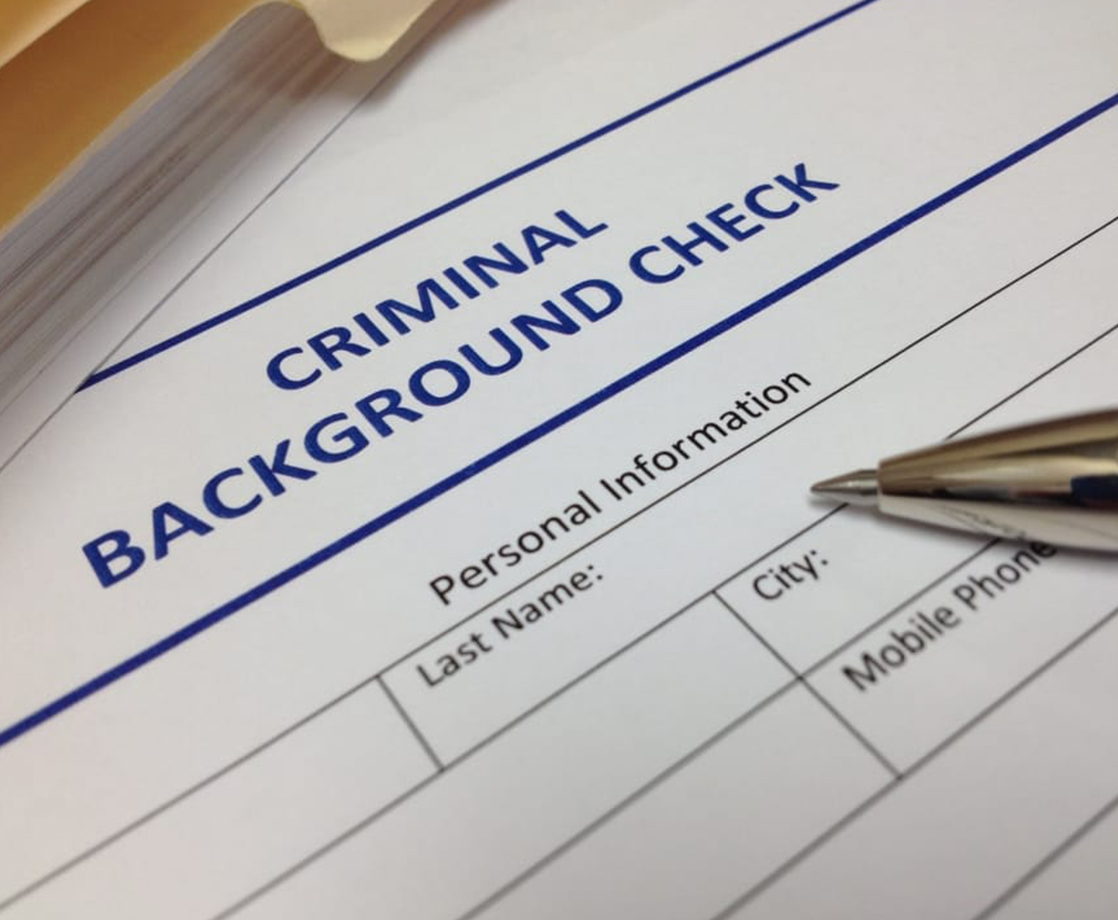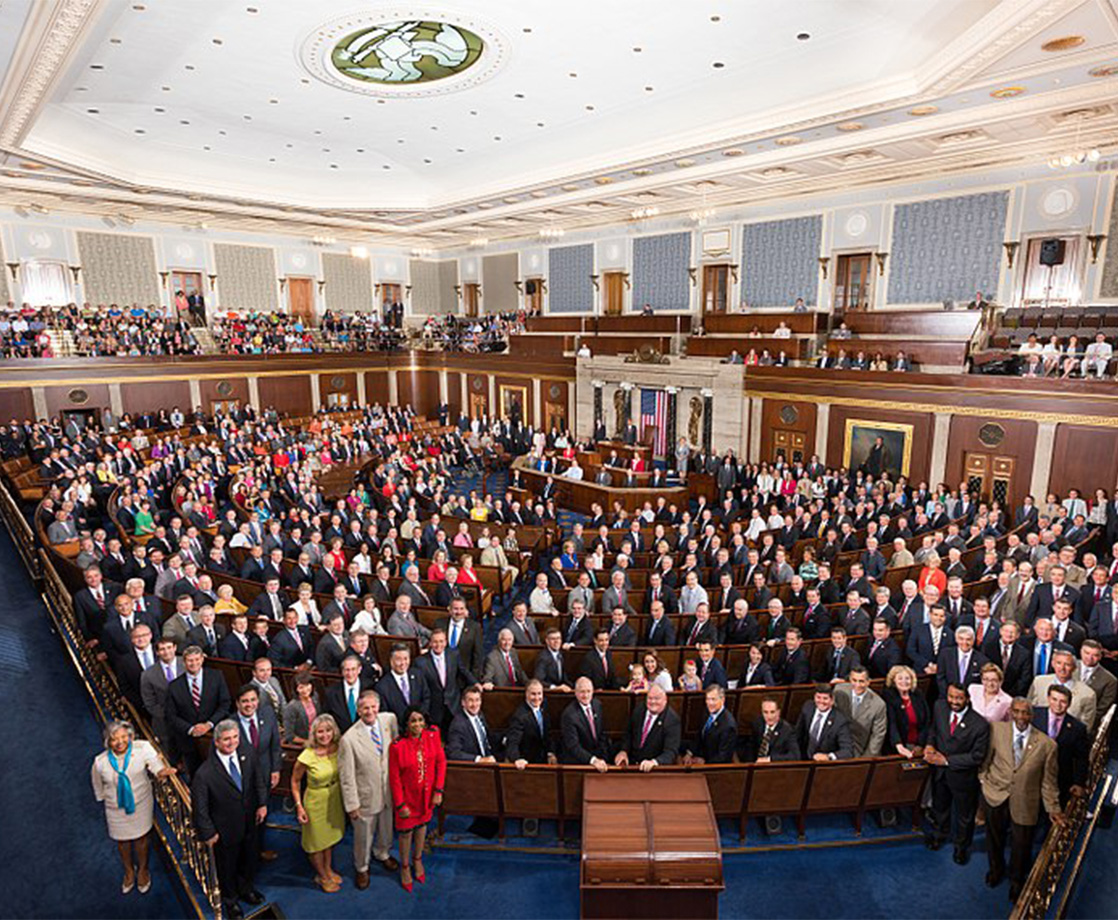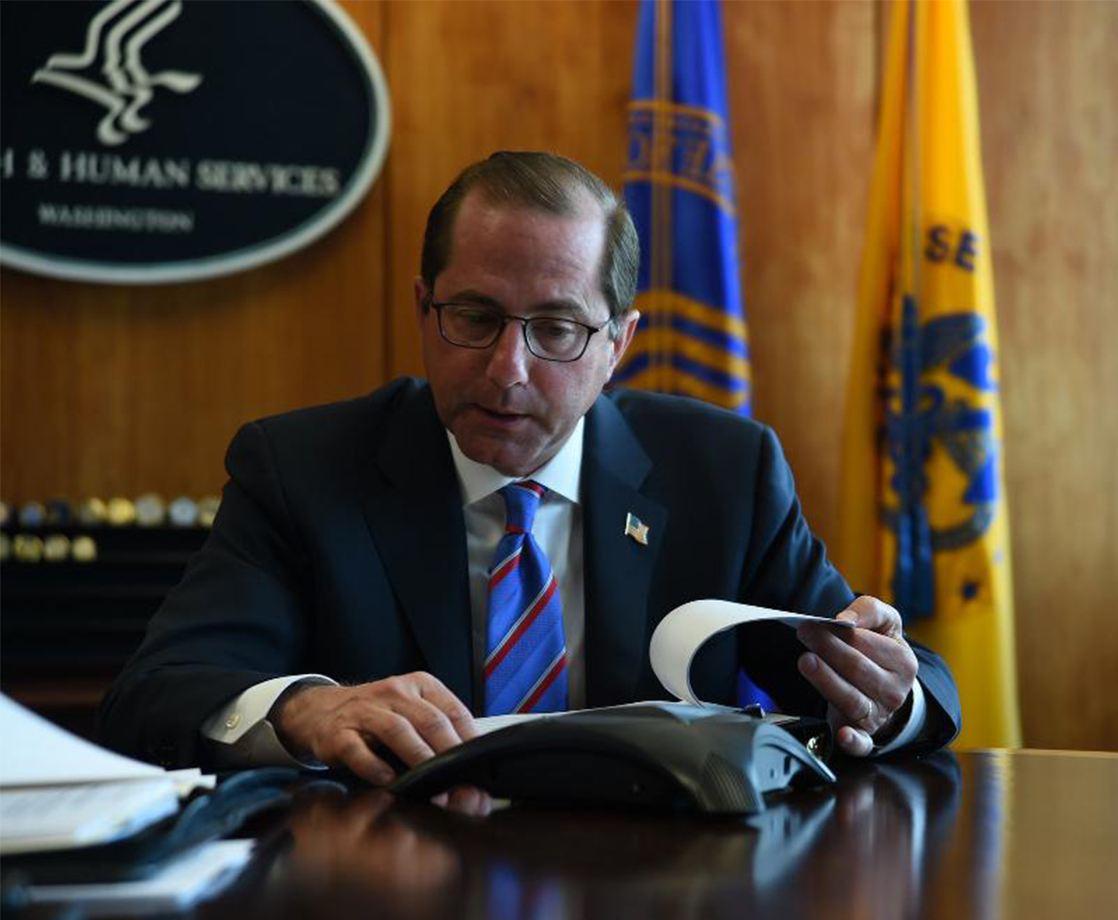As cannabis legalization spreads across the country, local governments are working to right some of the wrongs of prohibition by retroactively dismissing low-level cannabis offenses. In California, Proposition 64 made it possible for those convicted of minor cannabis offenses to petition the courts to have their cases cleared, and similar bills have recently been passed in Oregon and Colorado. Earlier this month, officials in San Francisco and San Diego separately announced that they are taking the process a step further by automatically clearing these convictions for offenders.
This week, Seattle and Vermont also announced plans to help former cannabis offenders clear their convictions. On Thursday, Seattle Mayor Jenny Durkan and City Attorney Pete Holmes stated that they will ask the city courts to vacate all cannabis misdemeanor convictions that were prosecuted before legalization was enacted in 2012. Meanwhile, across the country, Vermont legislators are discussing a bill that would make it easier for any resident of the state to clear their cannabis misdemeanors.
In Seattle, there are around 500 criminal marijuana cases that are eligible to be cleared under the mayor's new plan. Most of these cases are from 1997 through 2009, which is the time period that the city's municipal court handled cannabis misdemeanors. Before 1997, pot offenses were handled by the county courts, so individuals with older offenses will not be eligible. The final decision on whether or not to clear these cases is up to the courts themselves, but Holmes said that "there is very little discretion on the part of the judge" in these cases, NPR reports.
Cannabis possession arrests in Washington state were steadily rising year after year until the state legalized cannabis in 2012. In 1986, there were only 4,000 possession busts, but the number rose to 11,000 by 2010, according to the Drug Policy Alliance. African Americans were 2.9 times more likely than whites to be arrested for pot possession in the decade before legalization.
"Repairing the harms of marijuana criminalization, especially in communities of color that have been hit the hardest by our destructive drug laws, is an essential piece of properly implementing marijuana legalization," Jolene Forman, staff attorney for the Drug Policy Alliance, said in a statement. "It is exciting to see a city like Seattle doing all it can to improve what the state of Washington approved in 2012."
In Vermont, lawmakers are also considering a way to help clear cannabis misdemeanors. The current state law already allows cannabis offenders to have their cases expunged, but offenders must wait a minimum of five years to become eligible. This week, the state legislature introduced a proposal that would fast-track this process and allow anyone arrested recently for pot possession to immediately apply for expungement.
The proposed bill would also assist individuals arrested for violating the state's new cannabis laws. Even though the state just legalized cannabis last month, individuals can still get arrested for possessing over an ounce of weed. This new bill would allow those arrested for possessing one to two ounces of cannabis to have their records expunged immediately after they have served their time.
Having even a minor misdemeanor offense on one's criminal record can be "a barrier to housing, to getting credit, to getting good jobs and an education," Mayor Durkan said, according to NPR. These new expungement efforts in California, Seattle, and Vermont could remove these barriers for minor pot offenders.
"When a person has paid their debt by virtue of a criminal conviction, that should be finite… they shouldn't keep paying by virtue of being saddled with the conviction," Robert Sand, director of the Vermont Law School's Center for Justice Reform, said to Vermont Public Radio. "Court is not only a place to find fault. There is room within our judicial system… for court to be a place where rights are restored."











